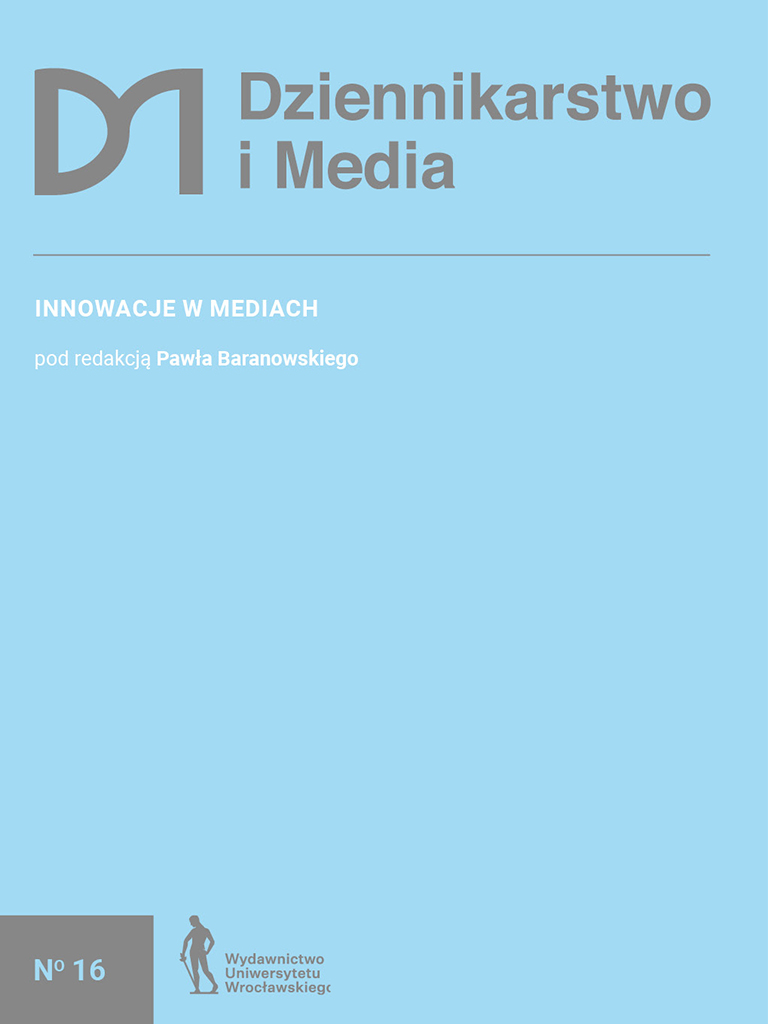

Articles

In this work I discuss the literary output of the contemporary prose writer Michał Witkowski, who was born in 1975 and is famous for books such as „Lovetown”, „Margot” or „Obliteration” (Wymazane). Witkowski’s books are often perceived by readers as controversial, iconoclastic and repulsive as they address issues of human sexuality, cadavers, bodily discharges, death or immoral acts directly and in a revolting way. Examining Witkowski’s books, I consider the role that disgust and the objects that evoke it play. I explain how disgust helps in self-actualization, which is understood as acceptance of our own as well as other people’s otherness. Using the theory of perception-action developed by Ryszard Nycz, I argue that Witkowski’s books promote extraordinary cognitions. I also juxtapose the disgust that expresses enmity with the disgust that suppresses antagonisms and makes use of them to expand self-knowledge. Inspired by the concept of Chantal Mouffe, I suggest calling this constructive type “agonic disgust.” I argue that the most telling example of its apologia is to be found in the so far unpublished work by Witkowski entitled „Sto psów za zabicie kraba. Dziennik kubański” („A Hundred Dogs for Killing a Crab: A Cuban Diary”).